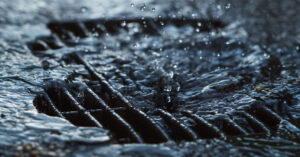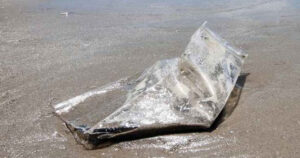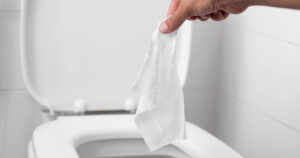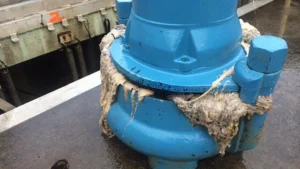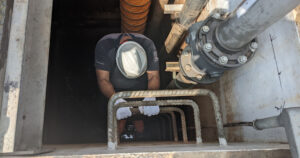Clearing a clogged drain is a common household issue that can be resolved with some simple techniques.
Here’s how you can do it:
- Boiling water: For minor clogs, start by boiling a pot of water. Pour the boiling water directly into the drain in two to three stages, allowing a few seconds between each pour. The hot water can help break down grease and flush away minor blockages.
- Plunger: A plunger can be effective in dislodging clogs in sinks and tubs. Ensure there is enough water in the basin to cover the plunger’s rubber cup. Place the plunger over the drain and pump it up and down forcefully several times. On the last pump, pull the plunger up quickly to create pressure and hopefully clear the clog.
- Baking soda and vinegar: Mix 1/2 cup of baking soda with 1/2 cup of white vinegar. Pour this mixture down the drain and immediately cover the drain with a plug or a cloth to contain the chemical reaction. The foaming action can help break down organic material and clear minor clogs. After 15-30 minutes, pour boiling water down the drain to flush away the loosened debris.
- Plumber’s snake (drain auger): A plumber’s snake is a flexible, long tool designed to reach deep into the drain and break up clogs. Insert the snake into the drain and rotate it clockwise while gently pushing it forward. This should help dislodge the clog, making it easier to flush away.
- Remove and clean the trap: Underneath sinks, there is usually a U-shaped pipe called the trap, which often collects debris and causes clogs. Place a bucket or container underneath the trap to catch any water and debris. Use a wrench to loosen the nuts on both ends of the trap and remove it. Clean out any gunk and rinse the trap before reattaching it.
- Chemical drain cleaners: Chemical drain cleaners can be used for stubborn clogs, but they should be used with caution. Follow the manufacturer’s instructions, and wear appropriate safety gear, such as gloves and eye protection. Be aware that these chemicals can be harsh and may damage older pipes or fixtures.
To prevent future clogs, avoid disposing of grease, coffee grounds, food scraps, hair, and other debris down the drains. Use drain covers to catch large particles, and perform regular maintenance to keep your drains clean and clear.
